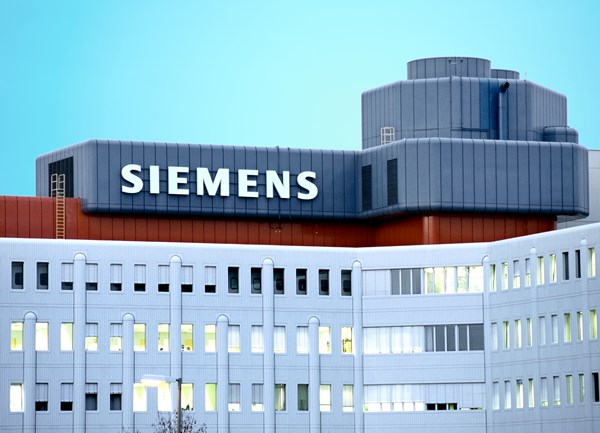Siemens rethinks its procedure of working with Russian customers after the turbine-delivery scandal
After the delivery of Siemens turbines to a power plant in the Crimea in defiance of sanctions and without the manufacturer’s consent, the German concern plans to take measures regarding any future cooperation with Russian customers, CEO of Siemens AG, Joe Kaeser said in an interview with the German magazine Spiegel.
"In any case, our trusting relations with Russia, formed over more than 160 years, were spoiled," he said, stressing that this was "not a trivial trespass." "On the other hand, the whole country with its loyal and reliable customers cannot be subjected to a total condemnation," Kaeser also remarked.
Siemens, in his opinion, "should think about hundreds and thousands of people working in factories who lose their jobs" when the German company "reacts too sharply" to what has happened. "Therefore, circumspection is required," the chief executive of the concern noted.
However, Siemens has drawn conclusions from the incident of supplying turbines to the Crimea. "We are already taking actions," Kaeser said. He called the German company's withdrawal of Siemens Gas Turbines Technologies LLC from a joint venture with Power Machines PJSC one such measure. Kaeser specified that Siemens only left supervisory personnel to work in it.
"In addition, we have examined all partners and licensees in Russia," the head of the company said, noting that the conclusions made relating to this, among other things, refer to "the internal control and ordering systems" of the concern.
“In future, we will retain the actual right to be in command of the equipment delivered to the customers until its future purpose is established or it is connected to the network," Kaeser said, emphasizing that the corresponding partner will also have to agree with such a concept.
The supply of Siemens turbines to power plants in the Crimea despite sanctions was discovered in July. It was reported by Reuters with reference to three sources familiar with the project.
The equipment that appeared on the peninsula was manufactured at the plant of Siemens and Power Machines joint venture in St. Petersburg. After that the turbines were partially redesigned at Rostec plants.
This information was later confirmed by Rostec’s subsidiary company, Technopromexport. It was this company that bought the gas turbines manufactured by Siemens from the joint venture, and then delivered them to the Crimea for the construction of power facilities.
After that, in July and September, Siemens had twice submitted a claim to the Moscow Arbitration Court against Technopromexport’s foreign economic associations. In the first case, the demands of the German concern related to the need to "take interim measures and put the four turbines delivered to the Crimea under arrest."
On August 20, Siemens’s appeal was turned down. In the second case, the claim was filed jointly with the Power Machines company. The essence of the German company’s claims was not disclosed.
